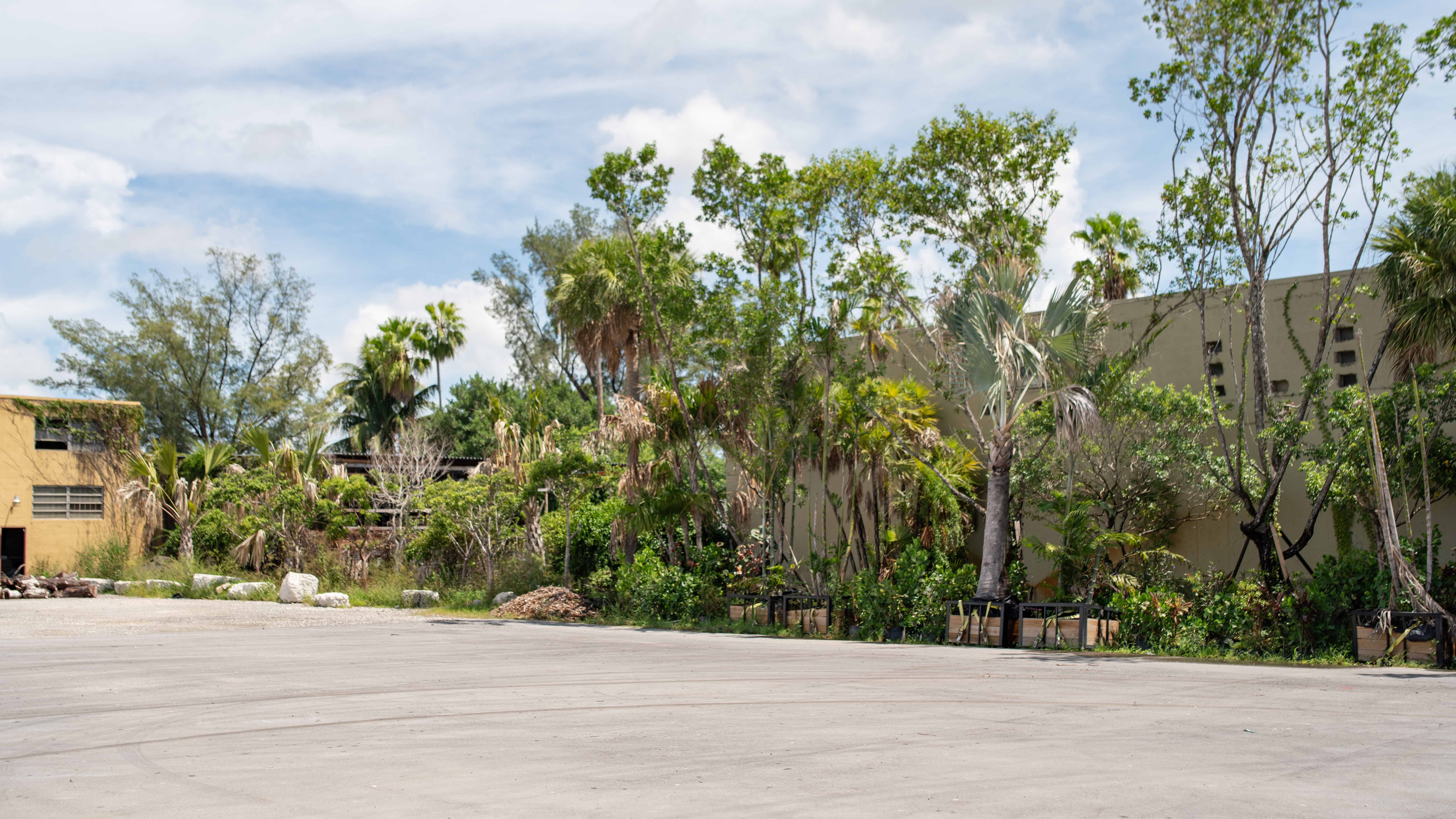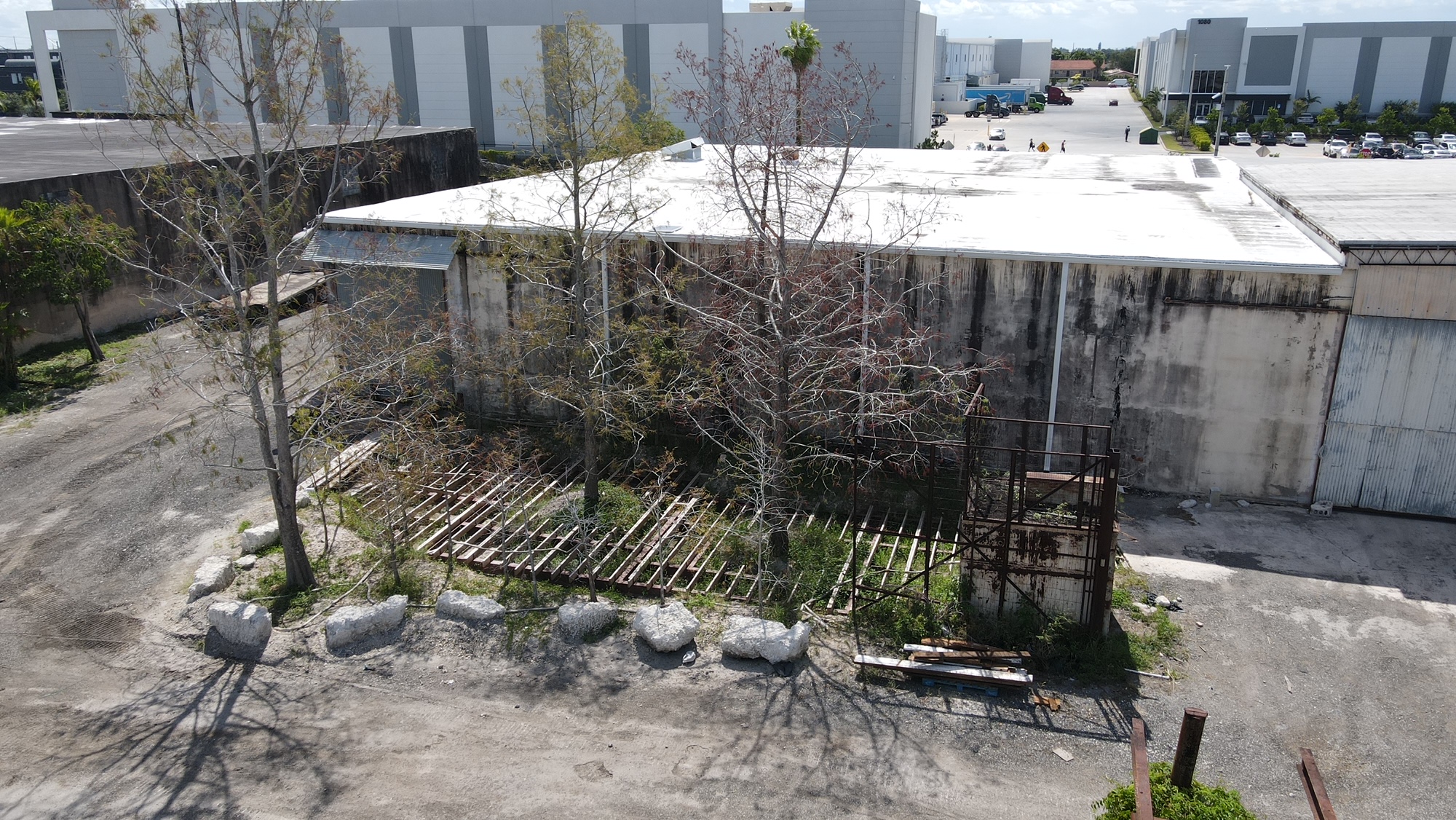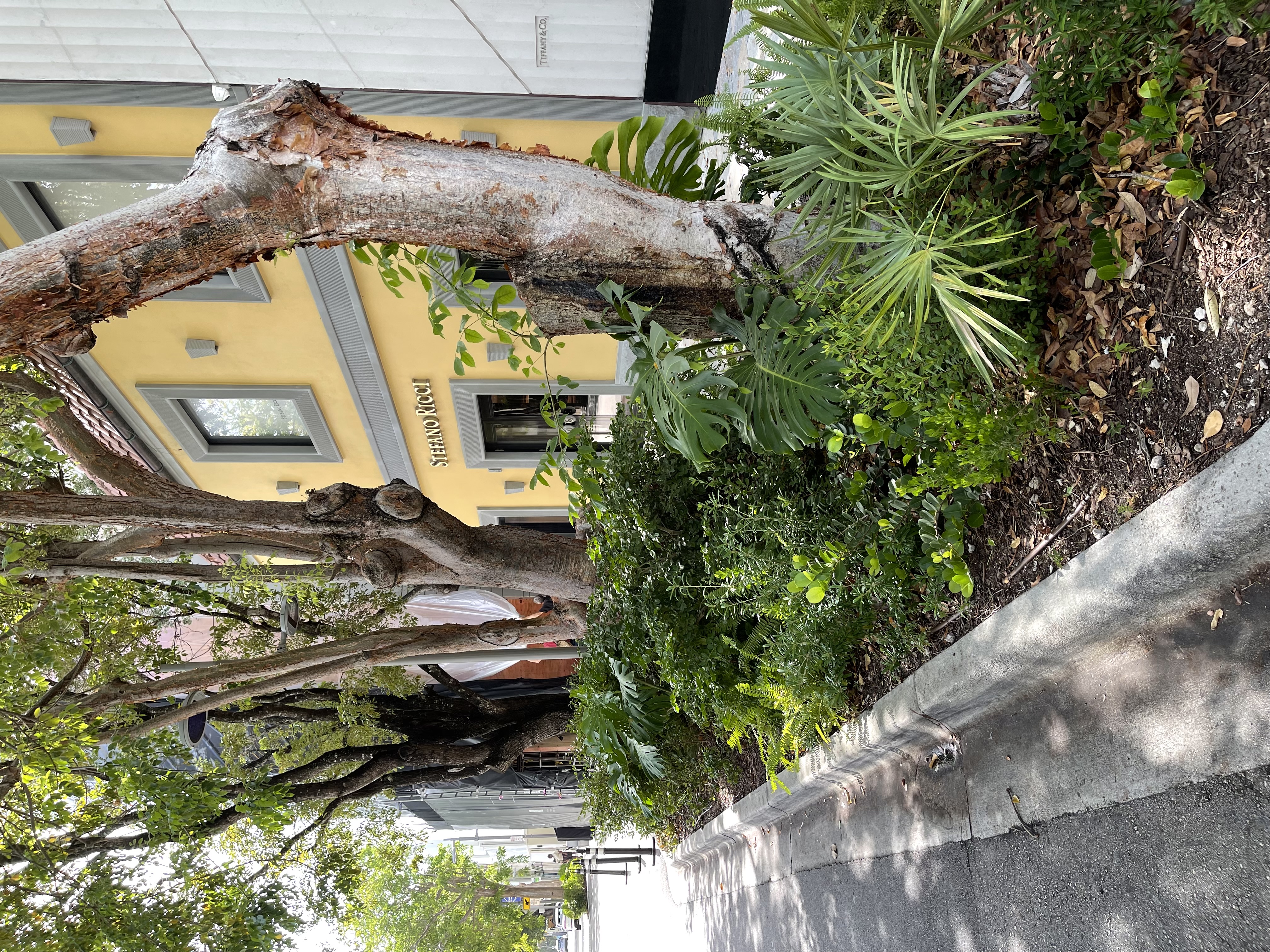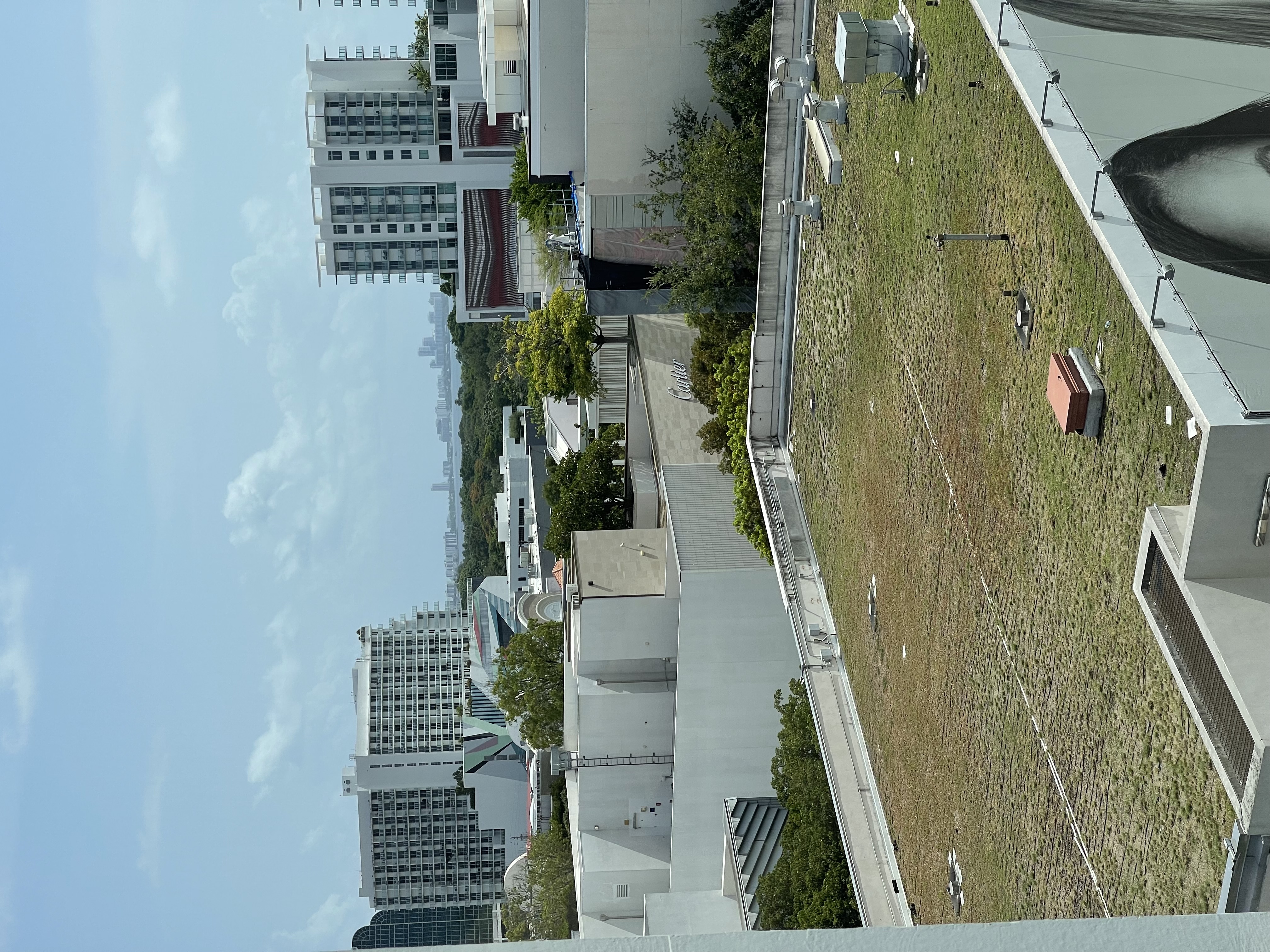Project Title: Evaluating the Climate Resiliency and Long-term Performance of Various Types of Green Infrastructure to Reduce Land-Based Pollution in Biscayne Bay and Mitigate Floods and Urban Heat Island
Funding Agency: U.S. Environmental Protection Agency
Period: January 2023 - December 2025
PI: Ali Ebrahimian
Co-PIs: Arturo S. Leon and Leonard Scinto
The Biscayne Bay watershed has experienced rapid growth in its human population since the early 1950s, causing increased urban development and immense land use changes. As a consequence of this development, numerous changes in the terrestrial landscape such as the conversion of natural streams to constructed canals have adversely affected the health and function of the Bay and have resulted in increased land-based pollution loads, harmful algal blooms, fish kills, and sea-grass die-offs. The health of Biscayne Bay requires minimal inputs of nutrients (phosphorus and nitrogen); hence, watershed inputs have a controlling influence on the Bay water quality. A substantial portion of the nutrient loads (especially total phosphorus) are attributed to canal inputs of stormwater runoff. Stormwater runoff in urban areas can contain a variety of different pollutants including, nutrients, sediments, and heavy metals that can be entrained from the land, transported through canals, and discharged into coastal waters.
Solar Incident Radiation in the FIU-MMC campus from 7 AM to 4 PM
Urban green stormwater infrastructure (GSI) practices, such as rain gardens, bioswales, and infiltration trenches, are decentralized, nature-based features that have been shown to effectively reduce stormwater volume and pollutants from runoff at its terrestrial source while providing other ecological and social benefits such as urban heat island (UHI) reduction and improved aesthetics. However, uncertainties remain about GSI performance in urban coastal areas. Despite the widespread coverage and use of infiltration-based GSI, e.g., infiltration (aka exfiltration) trenches in south FL, there are major concerns about their impact on groundwater pollution due to shallow groundwater levels that will be exacerbated by climate change effects (e.g., Sea level rise). Observed performance data is needed to evaluate these concerns but such data is not available in south FL. Chronic heat in hot and humid climates such as southeast (SE) FL is as dangerous as extreme heat by leading to heat deaths, causing a range of human health issues, and affecting communities’ quality of life. There are sparse studies on the effectiveness of GSI in mitigating UHI but questions remain about how variable urban settings, including GSI systems, affect UHI, particularly in tropical climates such as SE FL.

Add some caption here

Add some caption here
Existing GSI studies tend to focus on a singular specific benefit (e.g., water quality), a siloed approach causing a knowledge gap on the dynamics and processes driving multiple functions of GSI. To optimize resources and address the above issues, the overall goal of the proposed project is to quantitatively evaluate climate resiliency and long-term performance of multi-functional GSI in reducing urban land-based pollution to Biscayne Bay and mitigate flood and UHI through an integrated approach that includes sensor-based instrumentation and field monitoring of three existing study/demonstration sites (each with various GSI types and all serving underrepresented communities in the Cities of Sweetwater, Hialeah, and Miami, FL), process-based hydrologic and water quality modeling of the GSIs, watershed-scale, process-based, GSI-incorporated, hydrologic and water quality modeling of the Miami River Watershed (the most polluted tributary of Biscayne Bay), and building-to-neighborhood scale, 3-D, UHI modeling in the study areas.

FIU MMC Ocean Bank Arena measurements for CFD validation

FIU MMC Ocean Bank Arena measurements for CFD validation

OpenFOAM-simulated Surface temperature for Ocean Bank Arena, FIU Main Campus
The project will provide new observed data and improved, customizable, and generalizable models that aid resource managers to develop informed decisions about the adoption of urban GSI, in concert with gray infrastructure, in coastal water health and climate resiliency plans. In addition, the results will address critical concerns about the impacts of infiltration-based GSI in SE FL on groundwater pollution and provide data necessary for updating the existing (old) GSI design guidelines to consider the impacts of climate change.
Demonstration Sites
The demonstration sites are: Ocean Bank Arena site (Arena), Factory Town (FT) and Miami Design District (DD).

Add some caption here

Add some caption here
Project Participants




